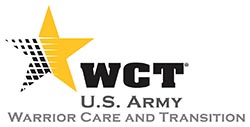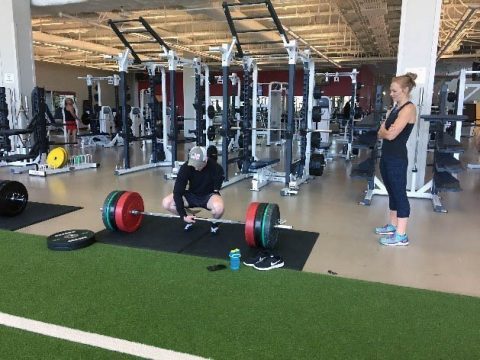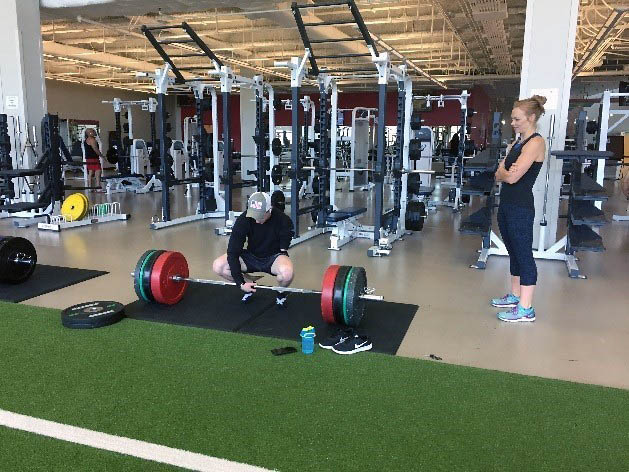Written by Mary Therese Griffin
U.S. Army Warrior Care and Transition
 Arlington, VA – Make no mistake. Lindsey Davison is a tough physical therapist. She wants results.
Arlington, VA – Make no mistake. Lindsey Davison is a tough physical therapist. She wants results.
The Fort Campbell Kentucky Adaptive Reconditioning Program Manager attended the Warrior Care and Transition Leadership Training Summit in early November at Fort Belvoir, VA where she very candidly told the audience of over 80 plus leaders from the Warrior Transition Battalions, her secret to assist in readiness.
“This is a hard position, I feel, for a battalion commander to be in. Most of the time WTB commanders are not medical officers they are infantry, artillery, etc. and they have a business to run.” Davison feels this is where she and the rest of the WTB staff are there to fully support their commanders.

“We had a particular Soldier who was in the Critical Care Unit program and he kept coming back not having made the progress that he needed with his orthopedic injury so I reevaluated him. I gave him a home exercise more difficult than what he was doing. He came back and he was better, but still not great. This was the time when he would normally be released from active duty.
Hearing “Nothing we can do” in conjunction with release from active duty, is not something Lindsey likes to hear. As a leader in her field, she strives to look for every avenue available to meet the highest standard of success.
Davison decided to talk to the Battalion Surgeon and was given exactly 30 days.
She placed the Soldier on a one-on-one, accelerated program at the gym every day. “He gained six pounds of muscle and a lot more strength in his quad, to the point where he was able to do plyometrics.”
Investing herself in every Soldier is something Davison takes to heart. “I go to Triads and I know every person you’re talking about by name, by injury by family. It’s because they tell me their story the first day and I invest in it. When I see them walking around I ask ‘How’s your wife, How’s it going? What do you need? What can I do?”
At the end of the day whether you are a commander, family member, fellow Soldier or friend, Davison says a little compassion goes a long way.
“Show them that you love them, show them that you care, and show them that you will go above and beyond to do what you need to do to help them recover and return to duty, if that is their path. This is the most important thing about the WTB. If you do that for these Soldiers, you are going to be successful and more importantly, so will they.”



